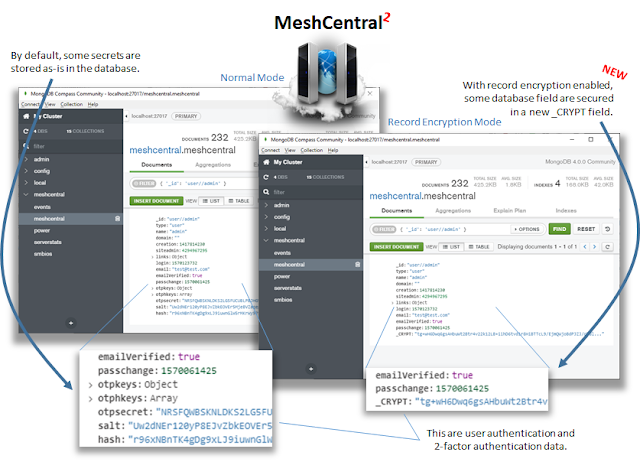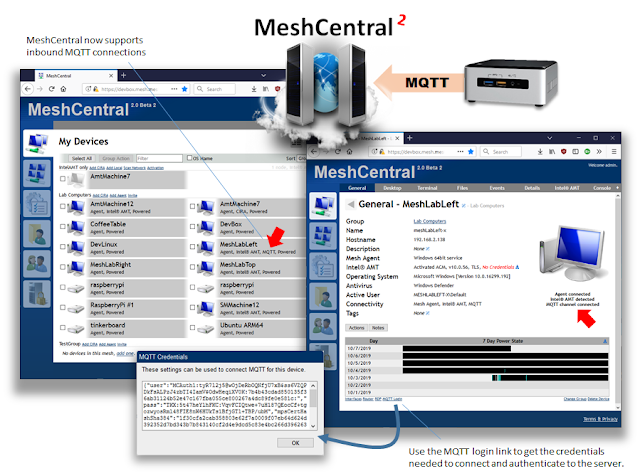MeshCentral2 - Multi-Language Support

MeshCentral is already widely used and some from the GitHub community has already taken the step to translate MeshCentral into other languages. Until now MeshCentral did not support multiple languages but this is changing today as an updated version was just published that has multi-language support. As one can imagine, with about 1400 different strings (not including duplicates) the work required make MeshCentral support a different language is significant. We have come up with a new system that makes the process fairly painless. Here are the details: First, the MeshCentral web pages including the main web application and mobile application have been changed so that all JavaScript strings that need to be translated are double-quoted “” and non-translatable strings are single quoted ‘’. This makes is possible to automatically parse and extract all strings that need translation. Next, a new string extractor is packaged in MeshCentral that parses the HTML and JavaScript of all web

